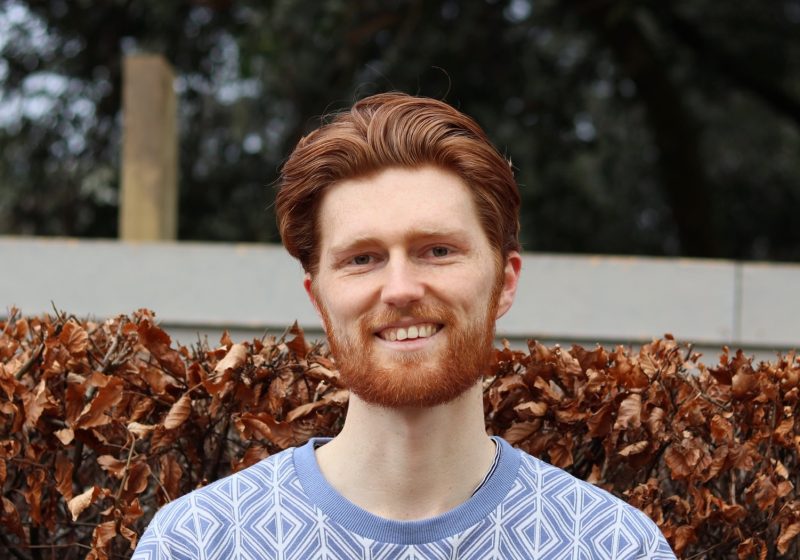My journey into palliative medicine began in my second year of medical school when undertaking a student selected component in lung cancer, believing at the time that I wanted to specialise in oncology. Through doing so, I gained my first experience of a hospice. I quickly realised that whilst treating cancer was an immensely important role, my passion lay in understanding and caring for the person behind the diagnosis. Palliative care embodied the kindest and most compassionate of communities and was so much more about living than it was about dying.
From then on, I was set on palliative care. As I’m sure many have experienced, palliative care wasn’t granted a significant role within my medical school’s curriculum. Whilst improvements do seem to have occurred nationally in recent years, I feel medical training still doesn’t fully capture the key competency that is palliative care, highly relevant to doctors of all specialties. Thankfully, I found many additional opportunities to learn from the expertise of palliative care teams across the West Midlands, to whom I am extremely grateful. I completed my foundation years in Hereford, and really benefitted from my FY2 placement with the wonderful team at St Michael’s Hospice. I have not yet managed to temporarily pull myself away from palliative care to enter into IMT, and I am currently enjoying life at Goscote Hospice, Walsall as a clinical fellow.
Part of my journey into palliative medicine has been through my involvement with the Association for Palliative Medicine (APM). I’ve been part of the APM Juniors committee since my final year of medical school, initially as the education coordinator, and more recently as the committee chair, along with sitting on the Palliative Care Congress committee. With the help of many amazing speakers and a brilliant committee, I’ve been able to plan and host various educational webinars. These include a series on palliative care in non-malignant diseases, and ‘Palliative Care for FY1s’, an annual half-day of webinars aiming to provide newly graduated doctors with a refresher on key areas of palliative care. There is a clear demand for additional palliative care learning opportunities for those early on in their careers, demonstrated by the enthusiasm for these webinars. Looking forward, I hope we can reach and inspire more people than ever and develop a new generation of doctors who feel confident in and passionate about palliative care.
There are loads of great opportunities out there for medical students and junior doctors looking to gain palliative care experience. First and foremost, I’d recommend speaking to your local friendly palliative care team to ask about opportunities to shadow them or to help out with an audit/QIP. If you’re looking to get involved with research, the PCRS/APM’s palliative care research directory can provide the contact details of your local research centre. For study leave opportunities, I found attending an advanced communication skills course and an advanced symptom management course both really enjoyable and rewarding. For medical students, I’d highly recommend getting involved in your university’s palliative care society. If there isn’t one already, why not set one up yourself! These societies offer a great way to collaborate with likeminded students and meet local palliative care clinicians.
And finally (shameless plug incoming) there are lots of great educational opportunities offered by the APM. For any conference goers, this year’s virtual Palliative Care Congress and APM Juniors conference offer the opportunity to hear from many inspiring speakers from the comfort of your own sofa. For writers wanting to share your thoughts/experiences of palliative care, we are always looking for submissions for the APM Juniors’ blog. And for any juniors or students who feel there is something more we can be doing to help you grow into the best possible palliative care clinicians, please get in touch.
Angus Grant, Clinical Fellow, Goscote Hospice, Walsall
Email angus.grant1@nhs.net or find me on X @AngusGrant_
More information
Palliative care for FY1s, and non-malignant diseases webinars

